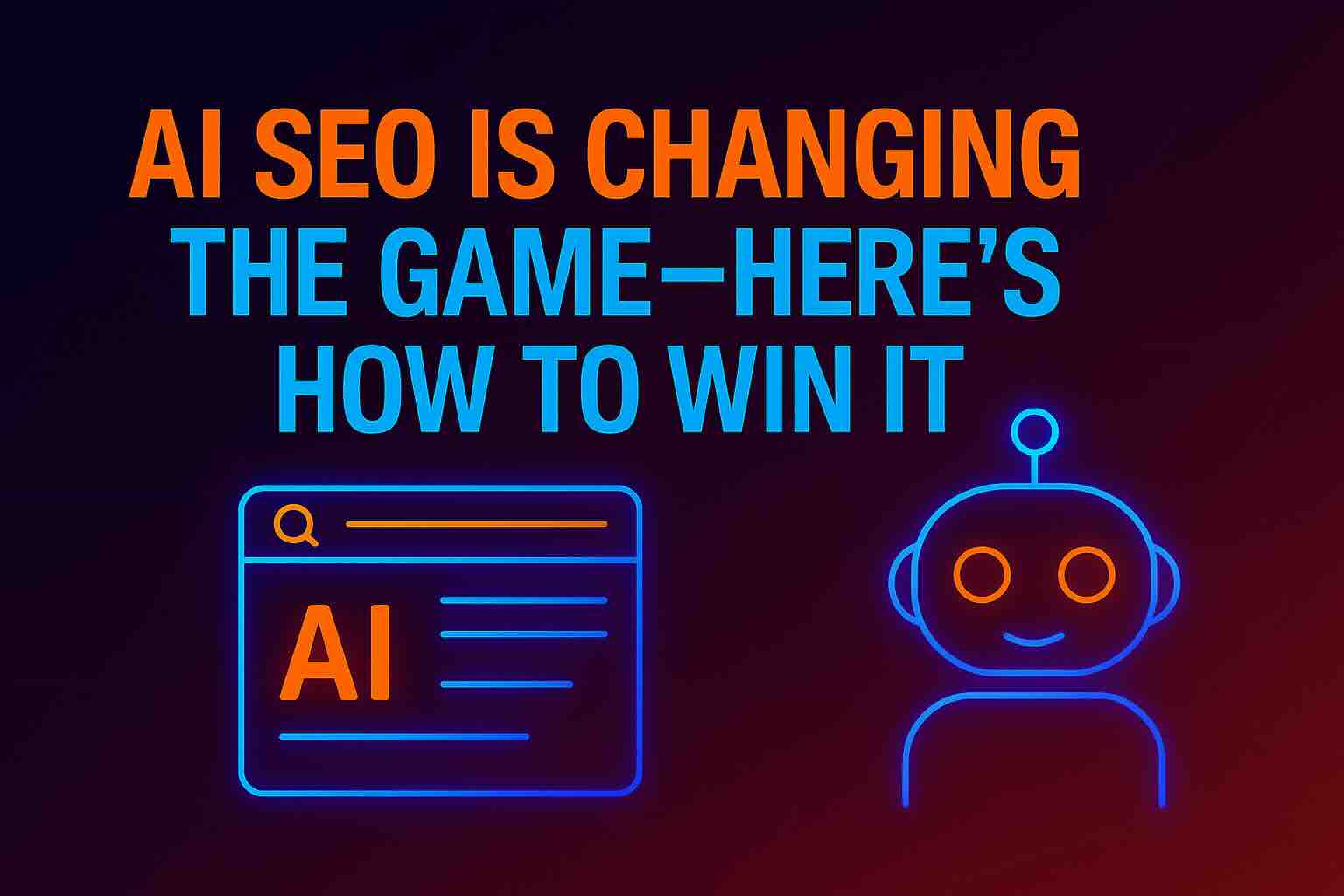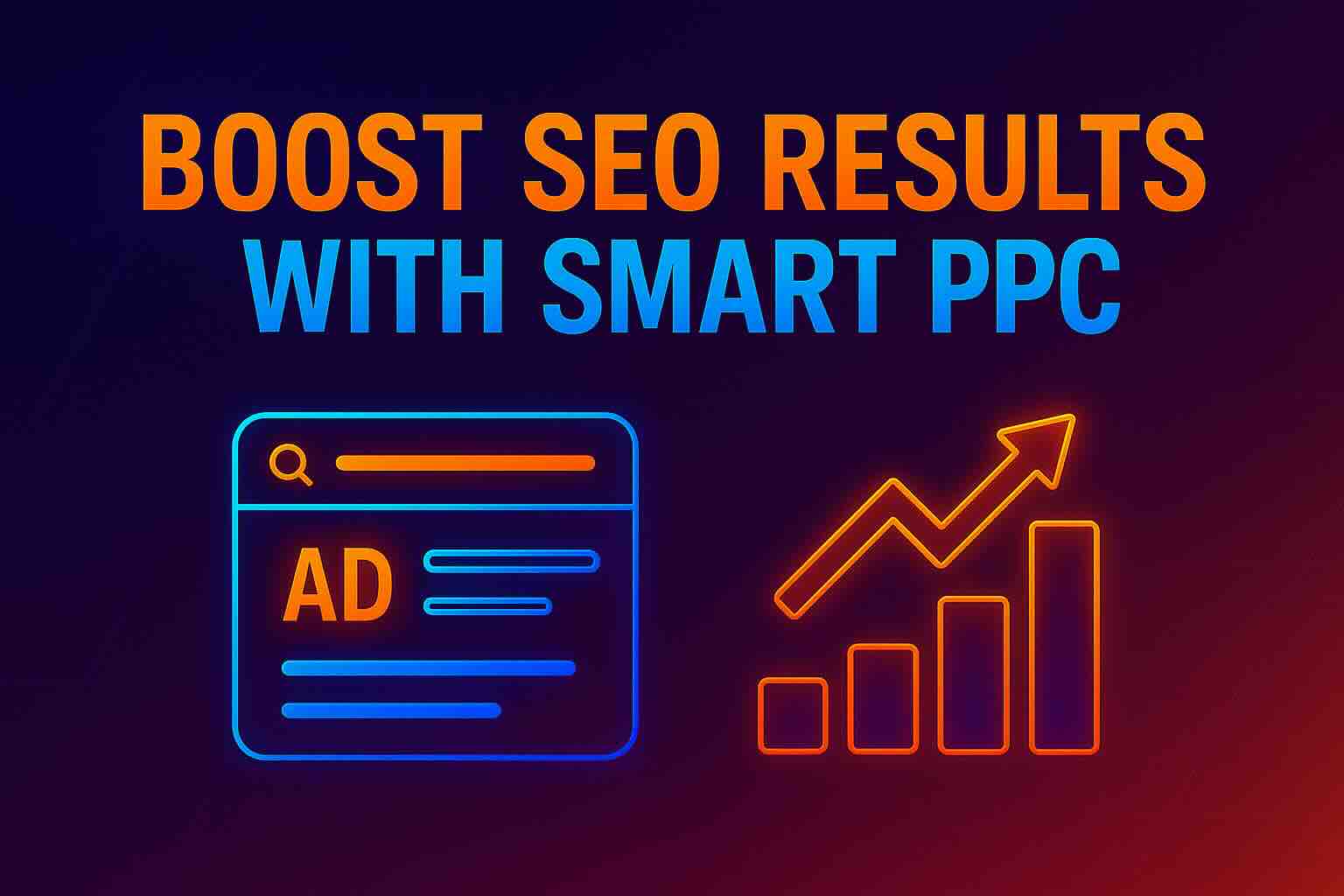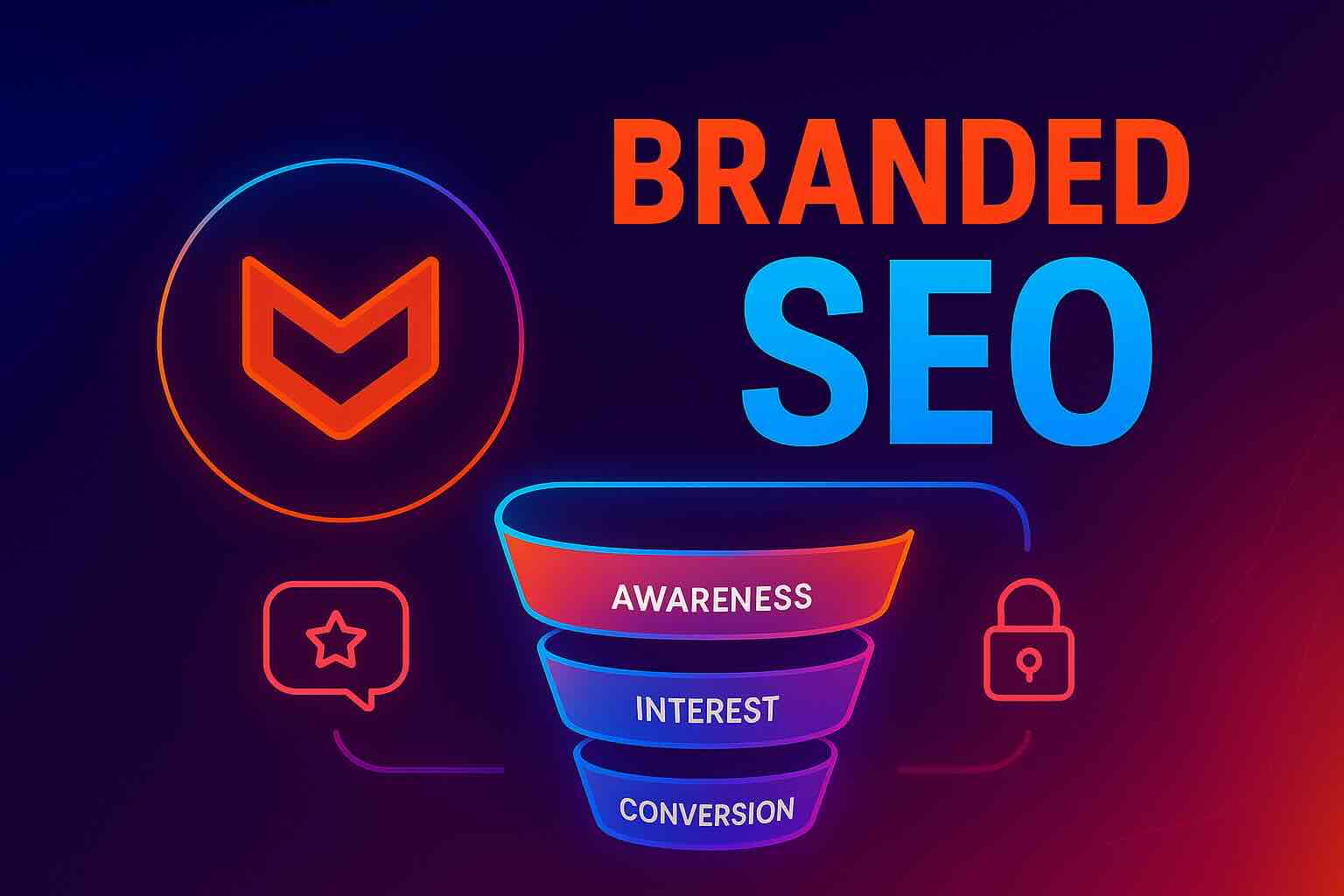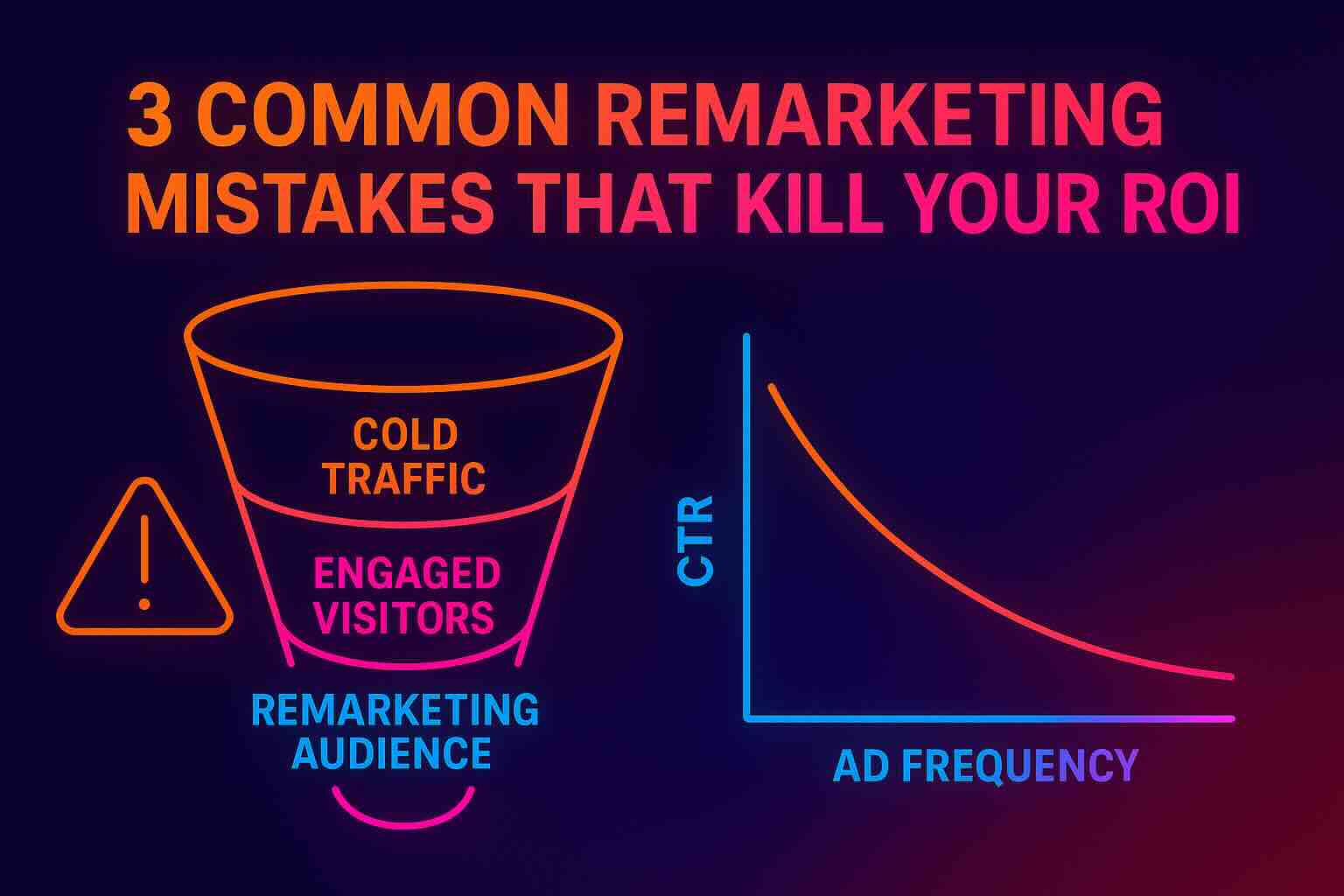AI SEO Is Changing the Game & Here’s How to Win It
AI is rewriting the rules of search. If your SEO strategy still treats Google like a list of ten blue links, you’re already behind.
Search behavior has shifted. Users are turning to AI-powered tools like ChatGPT, Bing Chat, and Google’s SGE to get instant, summarized answers instead of clicking through pages. And that means your content has to do more than rank—it has to earn a place in the AI’s answer box.
Welcome to the age of AI SEO.
What Is AI SEO?
AI SEO means optimizing your content to appear in answers generated by AI-powered search engines—tools that summarize information instead of linking out. It’s also known as Generative Engine Optimization (GEO).
The goal isn’t just top rankings—it’s answer visibility. In practice, that means structuring content so AI can:
- Easily extract key takeaways
- Understand your context and authority
- Attribute you as the source
AI SEO demands a blend of classic SEO fundamentals and new strategies tailored for how language models work.
Want to see it in action? Check out our AI SEO services and see how we help brands adapt.
Why AI SEO Matters Now
More than 60% of long-tail queries now trigger AI-generated summaries at the top of Google’s search results. And that’s not just a cosmetic change—it’s a traffic shift.
Gartner predicts a 25% drop in traditional search volume by 2026. Some brands are already seeing a 30–50% drop in traffic from certain types of queries. If you’re not in the summary, you’re out of sight.
AI bots don’t just pick the #1 result. Studies show over 90% of the sources used in AI answers come from beyond the top 10.
That’s the opportunity. If your content is crystal-clear and well-structured, you can outrank industry giants—not in traditional SERPs, but in the AI layer above them.
How to Optimize for AI SEO
Here’s what matters:
1. Clear, Structured Content
Use headline-style questions and short, direct answers. AI loves Q&A formats, bullet points, and logical hierarchy.
Example:
What is AI SEO?
AI SEO is the practice of optimizing content for inclusion in AI-generated answers, not just traditional search rankings.
2. Crawlable by AI Bots
Make sure AI crawlers like GPTBot and CCBot can access your site. Block them, and you’re invisible to AI training models.
3. Use Schema and Structured Data
Mark up FAQs, articles, and organization details. This helps both search engines and AI systems interpret your content.
4. Fast, Mobile-First, and Fresh
AI retrieval favors speed, freshness, and mobile-friendly design. Keep your content updated—and make it easy to parse.
5. Be the Best Answer
AI models don’t just look for keywords—they look for semantic relevance. Write with clarity, depth, and precision. Make your content the best possible answer to real user questions.
Risks of Ignoring AI SEO
If you ignore AI SEO, you risk:
- Traffic loss from declining click-throughs
- Brand invisibility in AI responses
- Misrepresentation of your content by AI
This is not a future problem. It’s a now problem.
What You Can Do Right Now
- Audit your top content for AI readability
- Add FAQ sections with clear, scannable answers
- Monitor how your content appears in Bing Chat, Google SGE, and Perplexity
- Start with your most strategic pages—like product or service pages—and optimize those first
Or let us help. We offer a full-stack AI SEO service that aligns technical SEO, structured content, and AI strategy.
Final Thought
Search is evolving fast. Those who adapt to AI SEO will dominate the next generation of visibility.
Be one of them.
How Smart PPC Strategies Can Supercharge Your SEO Performance
[anchor id=1] Introduction: The False Wall Between PPC and SEO Too many marketers treat PPC and SEO as two separate…
Reading Time: 5 min
Branded SEO: The Fastest Way to Convert and the Easiest to Ignore
[anchor id=1] Why Branded SEO Is Your Lowest-Hanging Fruit Traditional SEO is a battlefield, with countless websites vying for the…
Reading Time: 4 min
3 ROI Killing Remarketing Mistakes(And How to Avoid Them)
If you're running remarketing campaigns and not seeing results, you're not alone. Most advertisers assume remarketing is a low-hanging fruit.…
Reading Time: 3 min



